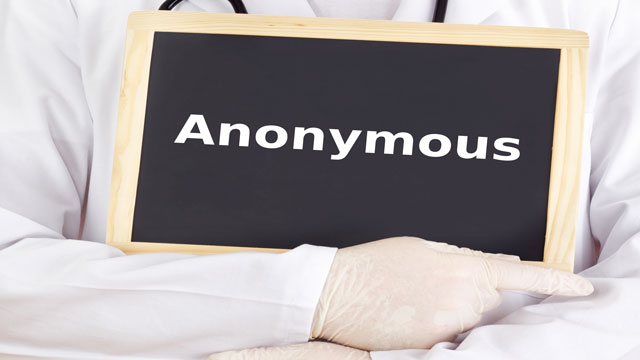Why ‘I Have Nothing to Hide’ Is a Terrible Defense of Minor Privacy Violations

When I talk with friends and family about online surveillance (whether it be from advertisers, hackers, or governments), I’m often told: Why should I care? I’ve got nothing to hide.
I have nothing to hide. Why would anyone look at me?
The NSA whistleblower himself, Edward Snowden, has confronted why this response is wrong on so many levels.
“Well, so the first thing is, you’re giving up your rights,” Snowden told a crowd at a TED Talk. “You’re saying, “Hey, you know, I don’t think I’m going to need them, so I’m just going to trust that, you know. Let’s get rid of them; it doesn’t really matter; these guys are going to do the right thing. Your rights matter because you never know when you’re going to need them.”
“Give me six lines written by the hand of the most honest of men and I will find something in them which will hang him.”
-Cardinal Richelieu
It doesn’t matter if we’ve done something wrong; we all have something to hide. Just like Jennifer Lawrence, I have photos on my personal devices — private messages and information about myself — that’s meant to stay between me and the intended recipient. However, there’s a chance that those pieces about myself have become spoiled and violated, passed around by someone in an office.
But I’ll never know if someone at the NSA has seen these pieces. It’s this abstractness idea that there might be a peeping tom scrolling through our lives, but we don’t know because we can’t see.
Mihaela Gladovic and Marc Meillassoux are journalists and co-directors on the film documentary Nothing to Hide. The core mission behind this movie is to make the abstract idea of surveillance into a tangible one everyone can understand, and so people might empower themselves.
“We work on this key statement to figure out where it comes from, what it means for us as individuals, and what would a society look like where people have nothing to hide,” said Meillassoux.
Major manufacturers are starting to make privacy options a default setting. What’s more, developers are working on creating easier methods to encrypt messages and phone calls. Personal privacy is just a download away. The trick is getting more people to adopt these programs (think of it like herd immunity). That’s how we’ll create lasting change.
***
Photo Credit: ADAM BERRY / Stringer / Getty
Natalie has been writing professionally for about 6 years. After graduating from Ithaca College with a degree in Feature Writing, she snagged a job at PCMag.com where she had the opportunity to review all the latest consumer gadgets. Since then she has become a writer for hire, freelancing for various websites. In her spare time, you may find her riding her motorcycle, reading YA novels, hiking, or playing video games. Follow her on Twitter: @nat_schumaker





